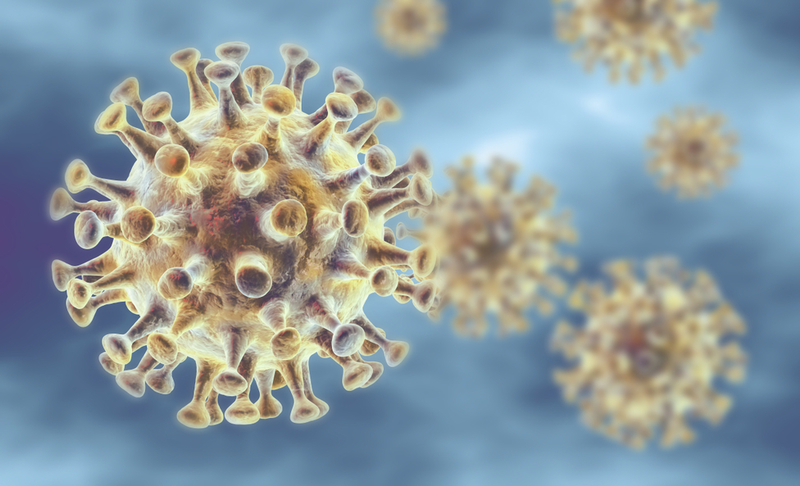The ICMR has stressed that it is critical to strengthen indigenous production of diagnostic material to ensure uninterrupted availability as there is a global shortfall of these supplies with the COVID-19 pandemic expanding.
For our comprehensive coverage and latest updates on COVID-19 click here.

During the initial few weeks of the pandemic, it was a huge challenge to access and stockpile diagnostic commodities to meet national demand and indigenous diagnostic assays were prioritised to reduce dependence on other countries, the apex health research body said. A total of 11 RT-PCR (reverse transcription polymerase chain reaction) based indigenous assays were validated and recommended for COVID-19 testing so far, it said.
The ICMR on May 20 issued revised guidelines stating diagnostic machines used for testing drug-resistant tuberculosis can now be used for screening and confirmation of COVID-19 cases. The ICMR had earlier validated the indigenous TrueNat assay for tuberculosis. The test is WHO pre-qualified and is included as a reliable and accurate method for quick screening of TB patients. The TrueNat assay has also been validated by ICMR-NIV as a point of care test for Nipah virus disease.
In April 2020, the indigenous manufacturer developed TrueNat assay for screening of SARSCoV-2, causing COVID-19. "The ICMR undertook successful validation of the E gene screening assay, following which TrueNat based testing has been initiated by the states for coronavirus infection detection. "From April till date, more than 1.3 lakh screening tests have been conducted by states," the ICMR said in a statement. However, the rate limiting step has been the lack of TrueNat confirmatory assay and all the positive samples had to be confirmed by RT-PCR based tests either located in the same or different laboratory.
Recently, the indigenous manufacturer has also developed a RdRp gene based confirmatory assay of TrueNat which has been successfully validated again by ICMR and has been found to have high sensitivity and specificity, the health research body said. According to the ICMR guidelines, all samples of suspect COVID-19 should be first tested by the E gene screening assay. All negatives are to be considered as true negatives.
All positive samples should be subjected to confirmation by another step. The step 2 is RdRp gene confirmatory assay. All samples that test positive by this assay must be considered as true positive. "No further RT-PCR based confirmation is required for samples that are positive after step 2 of the assay," the revised guidelines stated.
All positive and negative results must be reported to the ICMR portal in real-time manner. Single assay has a turnaround time of 35-50 minutes for 1-4 samples with a total of 12-48 samples being tested per day, depending upon the type of machine, the statement said. The biosafety and biosecurity requirements are minimal in view of the sample being collected in viral lysis medium (VLM), which inactivates the virus. The test can be used at the level of district hospital/ primary health centres also.